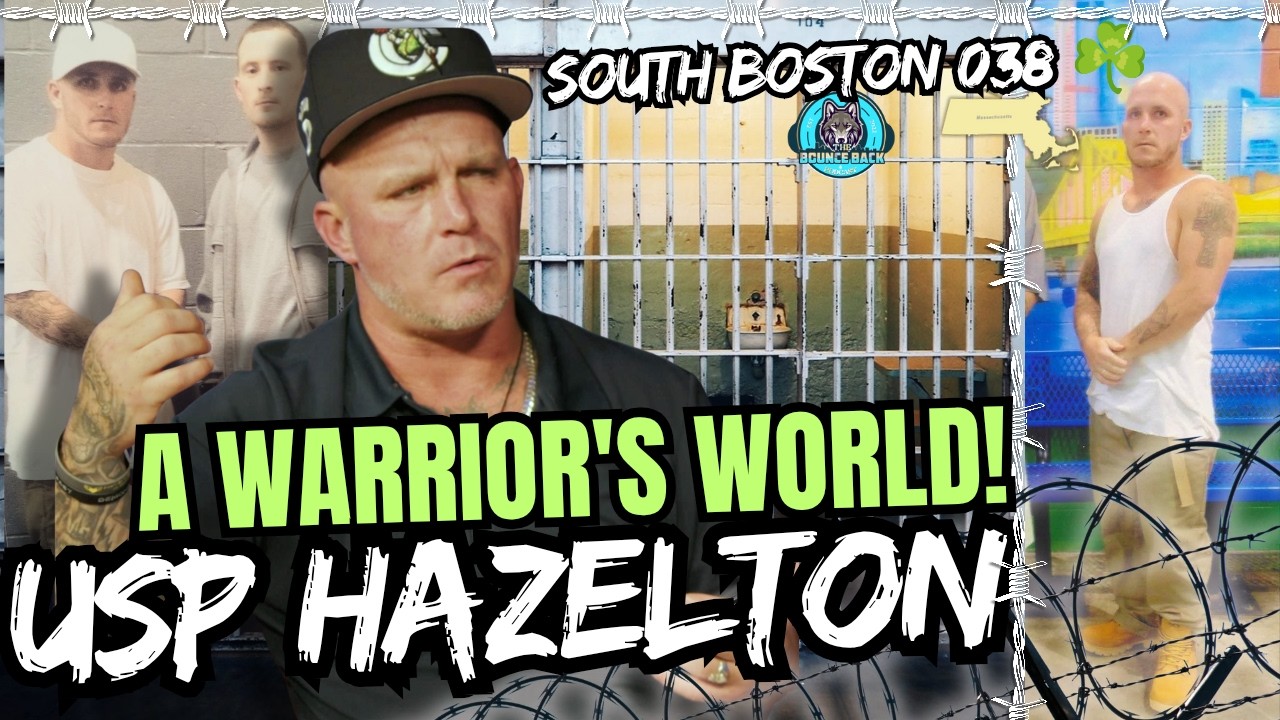In a new episode of The Bounce Back podcast, hosted by B Luke, 46-year-old South Boston native Billy Coleman shares his story of trauma, incarceration, and the long path toward recovery and community service.
Billy’s early life was shaped by instability. His father was murdered when he was three years old, and his mother struggled with addiction. Foster care placements brought physical and sexual abuse, while his grandmother provided a brief sense of stability until her death when he was 12. These challenges, combined with addiction, led to a series of criminal charges beginning in his early adulthood.
Coleman’s criminal record includes five county jail terms, two state prison sentences, and a 10-year federal sentence for bank robberies committed across state lines. During his second state sentence, he spent more than two years in solitary confinement, with one stretch lasting 16 consecutive months. His time in federal prison at Hazelton Penitentiary in West Virginia exposed him to difficult racial dynamics but also marked the beginning of his personal transformation.
Two years before his federal release, Coleman stopped using drugs, committed to self-improvement, and began preparing mentally for a different life. His turning point was solidified by the loss of his mother in 2014, which he learned about through an email from his ex-wife while incarcerated.
Since his release nearly five years ago, Coleman has focused on rebuilding. Though the process included relapses, housing instability, and a toxic marriage, he eventually found balance. Reconnecting with his now-fiancée, who he knew as a child, became a major support in his recovery.
Coleman has gone on to build a career in the recovery field. Starting as a recovery support specialist, he advanced to case management and contract programming at the Dedham House of Correction. He also founded Don’t Be a Prisoner to Your Past, a men’s support group that meets weekly, with plans to expand into a women’s group. In addition, Coleman is preparing to launch his own podcast to highlight the realities of post-incarceration life.
Beyond professional roles, Coleman has taken steps to process his past, including a retreat in Virginia for trauma recovery. His message emphasizes persistence, the importance of peer support, and showing change through consistent action rather than promises.
He also urged family members of those battling addiction to practice tough love, balancing care with boundaries.
Today, Coleman credits much of his progress to his fiancée and his commitment to helping others avoid the mistakes he made. Looking forward, he is working on a book about his experiences while continuing to grow his programs.











